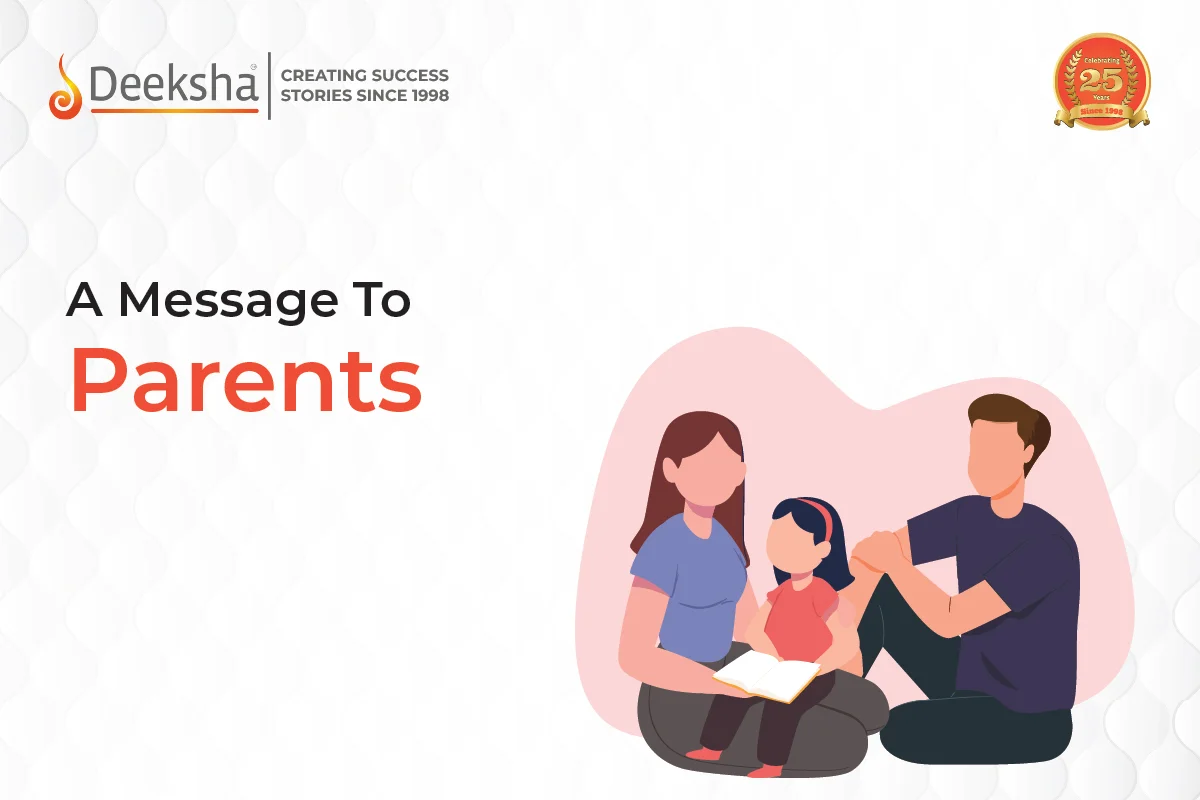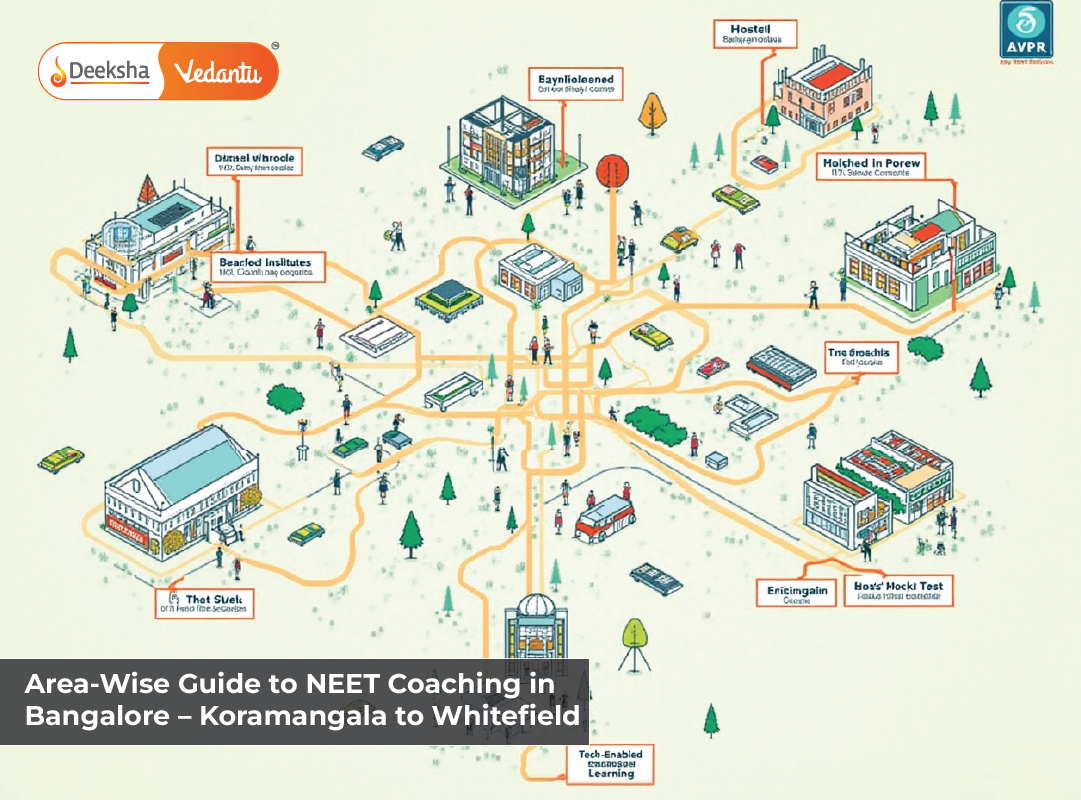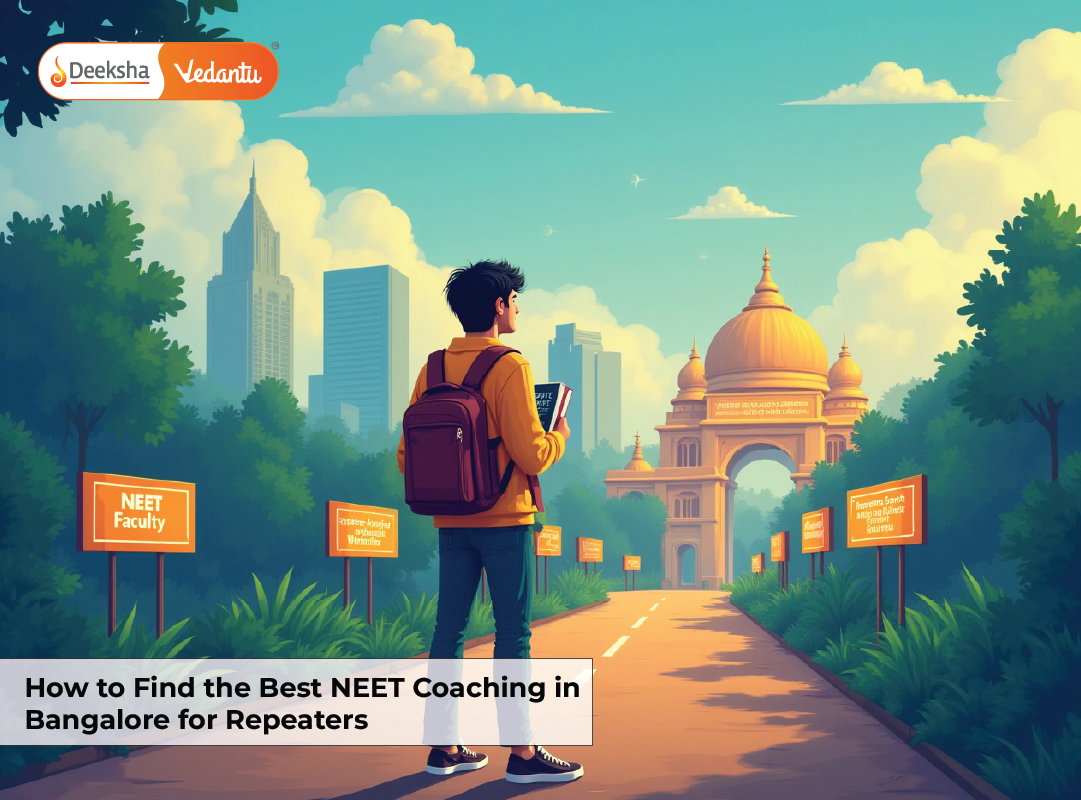Dear Parent,
Here’s wishing you a warm and happy 2015!
It’s that time of the year! You are trying to do all that you can to make sure your child excels in the examinations. We felt like sharing some thoughts in this context – we certainly are taking a liberty in doing so, knowing fully well that it is you who knows better about your child.
The images above are self-explanatory. As parents, we all love to help our child, be supportive to our child –the only intent being that we would like our child to be able to bring out the total, inherent potential. However, in our anxiety of ensuring that our child excels, we tend to do the very things that create more conflict, unrest, and negativity in our child’s mind.
We may like to reflect on some of the following questions so that the process we adopt is in alignment with our intent:
- Do we compare our children to others? No one likes to be compared with another, and in all the cases, rather than improve, the child feels let down. There is a common misconception that comparison is good – in reality, it is benchmarked/ role models that motivate us towards better performance. Here, the objective is not to look at the person but explore the innate ability/ quality in that person.
- Do we tend to judge or label our children? All of us hate it when we are judged or labeled and yet, we do just the same with our very own. Judging has never helped anyone – the person only gets weaker or rebels when such things happen.
- Do we say negative statements often? Research has proven that when statements like ‘Don’t drop the catch’ or ‘Don’t fall down’ or ‘Don’t let me down’ are replaced by ‘Take the catch’ or ‘Hold on tight’ or ‘I know you will make it, there is a positive response triggered by the brain and invariably it leads to a positive result. Vice versa holds good too.
- Are we trying to live through our children? – make the child achieve in all things that we failed in? Is this logical and correct? The child’s own interest and passion are killed in this process, reducing the child to a machine. Failure of the child would really be because of taking an incorrect route.
- Do we say, ‘I know what is best for my child’? Can we really know? Have we truly felt that our own parents knew more about us than we did for ourselves? An honest reflection could reveal otherwise where we might have loved to pursue other interests but were not supported. Why pass it on?
As parents, what can we do then? Ideally, can we play the role of a facilitator?
- Ensure the child gets nourishing food and sufficient sleep
- Help the child discover the latent bright spots
- Share good and positive things and allow the child to explore and internalize them
- Help the child – the way the child wants and seeks that help
- Enable the child to excel by being there for the child
- Make the child know that we love the child no matter what is the ‘outcome’ – gently shift our attention and the attention of the child to ‘effort’, this is all that one really has control over
It might seem harsh to read this. But the pressures of society, parents, and the education system are forcing children to take away their lives – a blooming flower withering away in the storm. Can we all rather be the pillars of support for our children, help them discover themselves – in the success or in a (so-called) failure – and herald a better tomorrow for our next generation?
At Deeksha, we would like to reiterate our commitment to our vision, viz. ‘Provide an effective and caring academic environment that nurtures original thinking and transforms today’s students into tomorrow’s young, confident and socially responsible leaders’.
Wishing you and your child all the very best!
The Deeksha Family
Table of Contents















Get Social